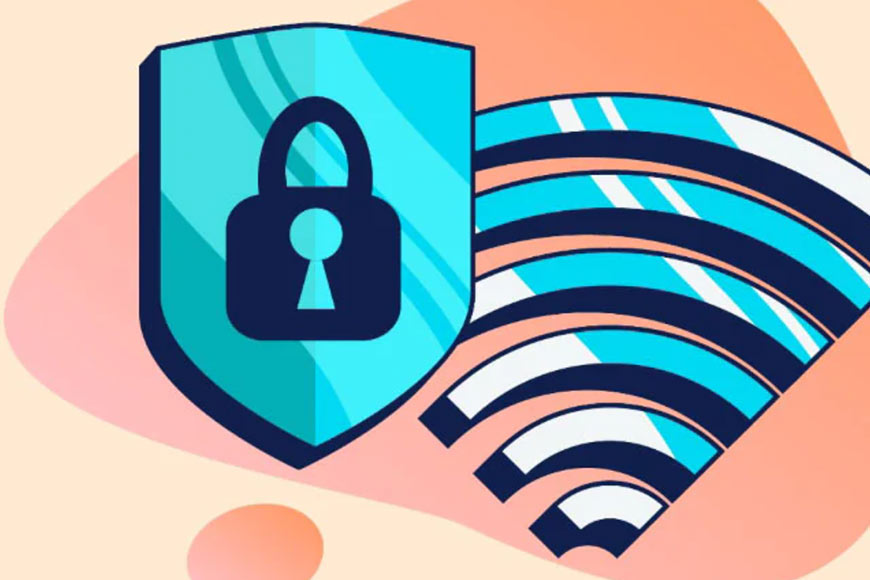Safer Internet Day is something we need to observe every day!

January 1, 1983 is considered the official birthday of the internet. At least in the West. In India, the first publicly available internet service was launched by Videsh Sanchar Nigam Limited (VSNL) on August 15, 1995, which means we are fairly close to a 30th anniversary here.
January 1, 1983 is considered the official birthday of the internet. At least in the West. In India, the first publicly available internet service was launched by Videsh Sanchar Nigam Limited (VSNL) on August 15, 1995, which means we are fairly close to a 30th anniversary here.
In all these years, as much as it has enriched our lives, the internet has also shown us a dark side. To begin with, too many offline evils have given birth to online counterparts – stalking, harassment, fraud, bullying, sexual abuse, paedophilia, you name it. And a lot of the toxicity generated online travels offline too – resulting in murder, suicide, rape and any other horror you can imagine.
Which makes Safer Internet Day, observed annually in February since 2004 and yesterday (February 7) this year, increasingly relevant.
In conversation, a recently retired cyber security expert of Kolkata Police points out the critical importance of self-regulation when it comes to internet safety. Simply put, the very nature of the internet, and its ability to transcend geographical and jurisdictional boundaries, makes cyber crime hard to detect and even harder to penalise. As worldwide internet connectivity grows, so does worldwide risk.
On Kolkata Police’s social media pages, the majority of posts now talk about cyber security and safety, primarily when it comes to preventing financial fraud perpetrated by scammers who access a victim’s personal laptop or mobile using sophisticated apps. “We also receive hundreds of complaints about cyber stalking and harassment every month,” says the retired officer. “Most of the crimes originate outside Kolkata, which brings up the question of jurisdiction.”
What makes the task really challenging is the constantly changing nature of the internet. One example is the growing use of VPN (virtual private networks), which allow one to access content online without disclosing one’s location, thereby robbing law enforcement agencies of crucial information. Similarly, many criminals these days use VoIP (Voice over Internet Protocol), the technology that allows them to make voice calls using a broadband internet connection instead of a regular phone line. Simply put, a WhatsApp call is made using VoIP, and as we all know, such calls cannot be recorded.
#NeverShare #OTP #CVV #passwords #cybersecuritytips #beware #Cybro https://t.co/GrRi1vtvn4
— Kolkata Police (@KolkataPolice) February 2, 2023
“We can trace VoIP calls, but there’s no guarantee that the caller will still be at the location when we get there. You can make these calls on the move using disposable SIM cards,” explains the officer. As the ‘Computer and Internet Related Crime’ page on the Kolkata Police website says, “Internet fraud takes many forms. The Internet's promise of substantial consumer benefits is coupled with the potential for fraud and deception. Fraud operators are opportunists who are among the first to appreciate the potential of new technology. There is nothing new about Internet fraud, however, the size and potential market, relative ease, low cost, and speed with which a scam can be perpetrated has increased tremendously.”
In the end, your cyber safety is largely up to you. As cyber security experts around the world will tell you, keep certain basics in mind when using the internet: do not give out personal information online; do not disclose OTP or CVV to anyone, known or unknown; do not click on links or files from unknown senders, these usually enable hackers to access your device; do not download apps recommended by a stranger on a phone call; monitor the internet usage of your children and elderly relatives, two particularly vulnerable groups; do not use public wifi services to conduct online transactions.
Kolkata has been in the news for a while as a hub of cyber criminals and fake call centres, particularly online money scammers who target international victims. While quite a few arrests have been made in the recent past, the truth is that despite having the largest IT talent pool in the world, India still lacks enough skilled cyber security professionals, and its cyber crime laws are among the weakest in the world.
So prevention is definitely better than cure in this case. Therefore, stay safe online, and take all possible measures to stop criminals gaining access to your offline life as well.









